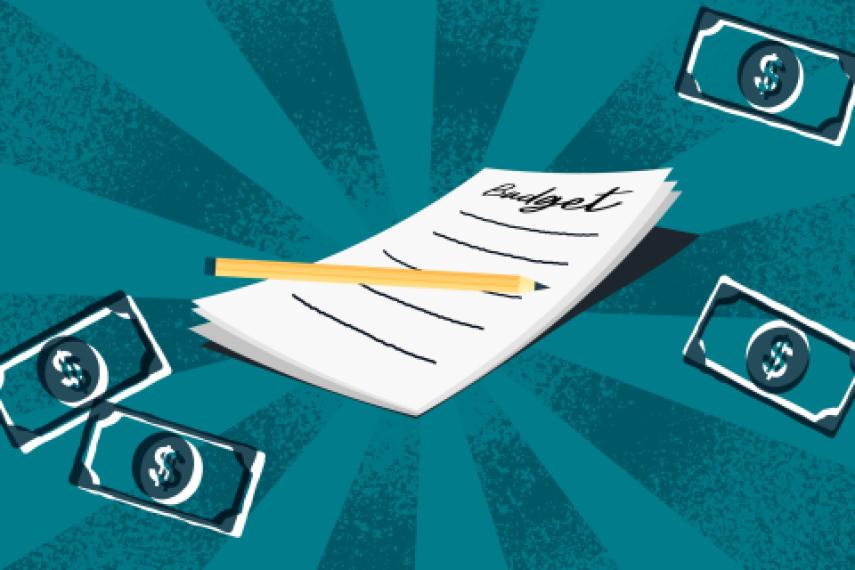
Helping your child develop a healthy relationship with money is one of the most valuable life lessons you can offer. While more schools are beginning to explore financial education, the truth is that kids learn the most meaningful money habits at home — by watching, asking and doing.
No matter your financial background, you have everything you need to guide them. And it doesn’t have to happen all at once. The key is to build on age-appropriate skills gradually as they grow.
Here’s a practical guide to what your child should understand about money — from grade school to high school — with real-life strategies for each stage.
Grade School: Laying the Foundation
In the early years, kids are naturally curious about money. They may not grasp all the details yet, but they understand that money buys things and that some things cost more than others. This is the perfect time to build the basics.
Start by giving your child a small allowance and encouraging them to make decisions with it. They’ll quickly learn that money is limited and that planning matters. Help them set simple goals, like saving up for a toy or splitting their allowance between spending and saving.
As they grow more comfortable, introduce a few key concepts:
- Needs vs. Wants: Use real examples from daily life: “We need milk; we want cookies.”
- Savings Habits: A clear jar or a savings account helps them see their money grow.
- Comparison Shopping: If they want something big, help them compare prices at different stores.
Pro Tip: Let them make small spending mistakes. These low-stakes lessons will stick with them throughout their life.
Middle School: Building Confidence and Skills
By middle school, kids crave more independence and they’re ready for deeper conversations about money. This is the perfect time to connect effort with earnings and introduce real-world money management.
Start by helping them earn money through small jobs like babysitting, pet sitting or chores. When kids earn their own money, they start to value it differently. They’ll think more carefully about how they use it and whether a purchase is really worth it.
You can also involve them in household budgeting. One fun idea? Give them a grocery budget and challenge them to:
- Plan meals based on weekly sales
- Make a list and compare prices
- Stick to the budget and check out at the store
These hands-on experiences build decision-making skills in a way that lectures can’t.
High School: Preparing for Independence
In high school, teens are just a few years away from financial independence. Now is the time to shift from theory to practice. Give them opportunities to make decisions, set goals and learn by doing (with your continued support).
Start with a student bank accountand debit card. Let them handle day-to-day spending while you monitor and coach from the sidelines. Sit down together monthly to review transactions and talk through decisions.
Encourage them to work part-time or start a side hustle. Whether it’s tutoring, dog walking or working retail, earning their own money helps teens:
- Manage time and expenses
- Save toward meaningful goals
- Gain confidence in their abilities
Budgeting becomes especially relevant during these years. Help your teen set a monthly budget that covers:
- Clothing and personal care
- Social activities and tech upgrades
- Savings for future needs (like college or a car)
Also, make sure they understand basic banking, such as how to monitor balances and avoid overdrafts, how to setup up direct deposit and how to read and understand account statements.
Big Picture: High school is the on-ramp to adulthood. The more practice with money your teen gets now, the better they’ll be prepared for the road ahead.
Final Thoughts
Money lessons don’t have to be perfect — they just have to be real. Whether your child is 7 or 17, the most powerful thing you can do is talk about money often and involve them in decisions.
Give them space to try, to mess up and to figure things out. Praise the wins, coach through the losses and celebrate progress along the way.
If you're ready to help your kids get started, Horizon offers youth-friendly banking options with features that make managing money simple. Set your kids on a strong path to financial independence by helping them open an account today!
